- English
- 日本語
Getting Your First Open Badge
When You Receive Your First Open Badge...
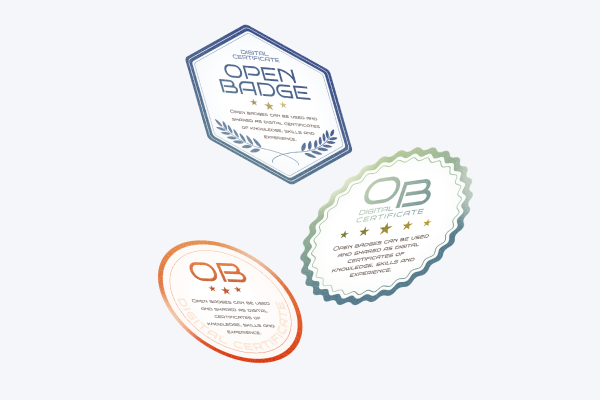
First, let’s learn about Open Badges
An Open Badge is a digital proof of your knowledge, skills, and experience. It makes your learning and achievements visible, and offers a new way to share and use them freely with anyone.
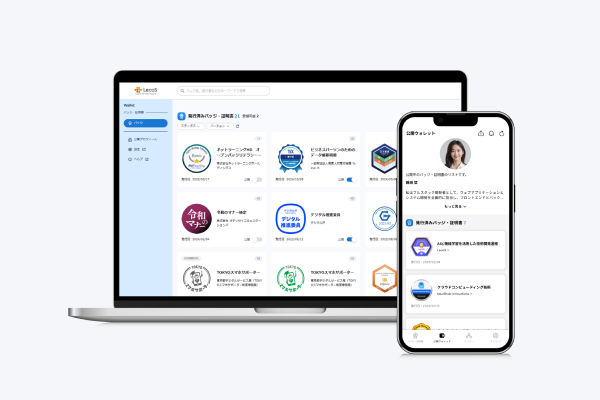
Create your Open Badge Wallet
By creating your own Open Badge Wallet, you can store and share your badges.
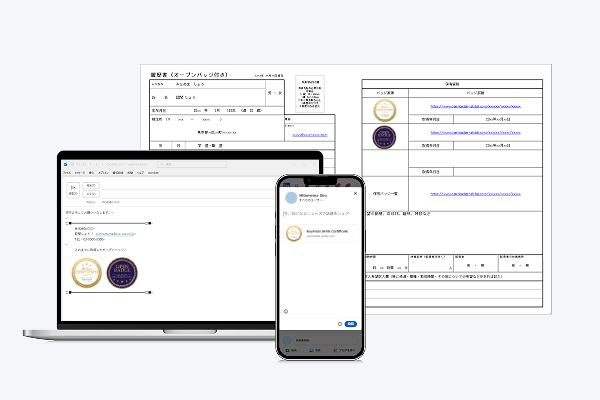
Let’s make use of Open Badges
You can share your badges on social media or attach them to your resume. There are many ways to make use of Open Badges.
So many ways to use them!
Use Cases of Open Badges
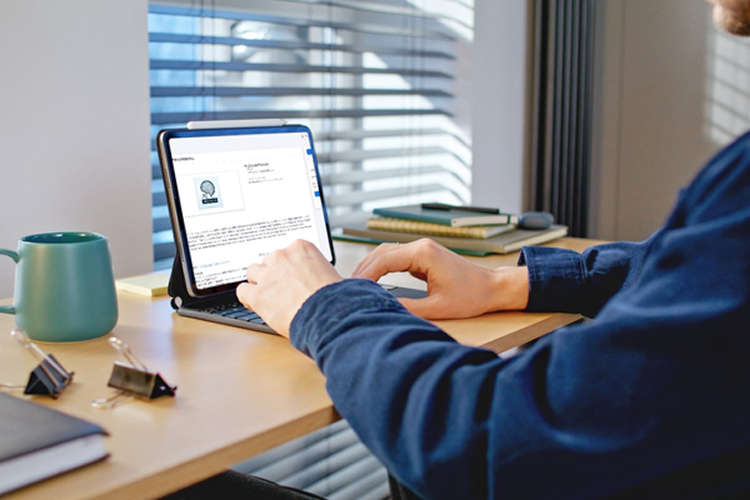
For Corporate Training and HR Development
Open Badges can be issued as certificates for employee training or e-learning programs, making it possible to digitally visualize and verify the learner’s achievements and acquired skills.
Badges can be included in email signatures, internal profiles, or on social media, serving as visible proof of learning. In today’s world—where reskilling and upskilling are increasingly important—they offer a way to showcase individual growth while also enabling companies to visualize the impact of their training programs.
In addition, because badges keep a record of learning history, they can also serve as useful references for HR evaluations and personnel transfers.
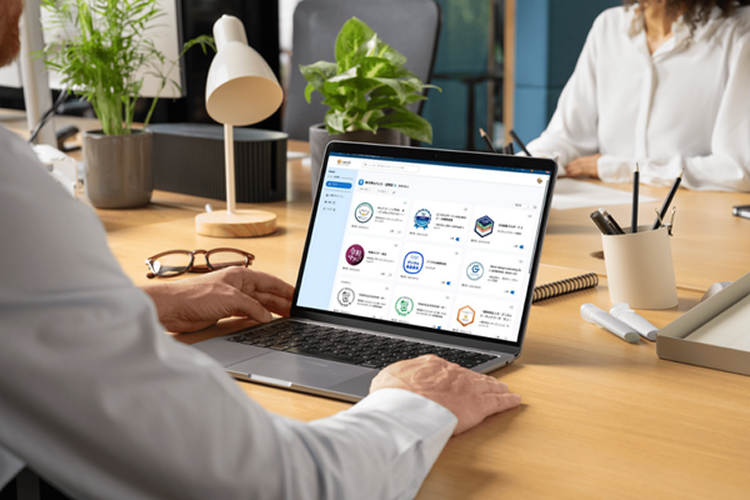
For Recruitment and Skill Verification
Open Badges provide a reliable way to prove qualifications and skills, making them effective for showcasing your abilities in job hunting or side jobs.
For employers, badges serve as an objective method to assess skills and experiences that are often difficult to evaluate from resumes or portfolios alone, enabling more accurate and efficient hiring decisions.
By introducing job-specific or role-based badge systems, companies can clarify skill requirements and better identify immediately effective talent.
Since the issuer and issuance criteria of each badge are also visible, Open Badges offer high credibility and precision, making them valuable resources for recruitment and promotion decisions.

For Identity and Affiliation Verification
Open Badges can also be used to verify identity, affiliation, or credentials, such as employee IDs, student IDs, enrollment certificates, or diplomas. Unlike traditional paper or plastic cards, they can be issued and managed digitally in real time, and easily presented or shared via smartphones or PCs.
For example, universities can issue graduation badges to visually and verifiably prove that someone has graduated. Likewise, companies can issue affiliation badges to ensure external credibility and streamline identity verification processes with contractors or partners.
Since each badge contains trusted metadata and issuer information, the risk of tampering is low, expanding the potential of Open Badges as a form of official certification.

For Learning Pathways
Open Badges are also used in designing learning pathways that help individuals reflect on their past learning and align it with their career goals — encouraging them to proactively consider “what to learn next.”
By selecting relevant badges — representing learning opportunities or skill areas — individuals can acquire skills step by step, gaining a sense of progress while engaging in self-directed learning. The visual nature of badges makes it easier to identify the gap between current skills and future goals, supporting better prioritization of learning and long-term career development.
For organizations, Open Badges also enable the creation of structured skill maps and the visualization of employees' learning progress.
